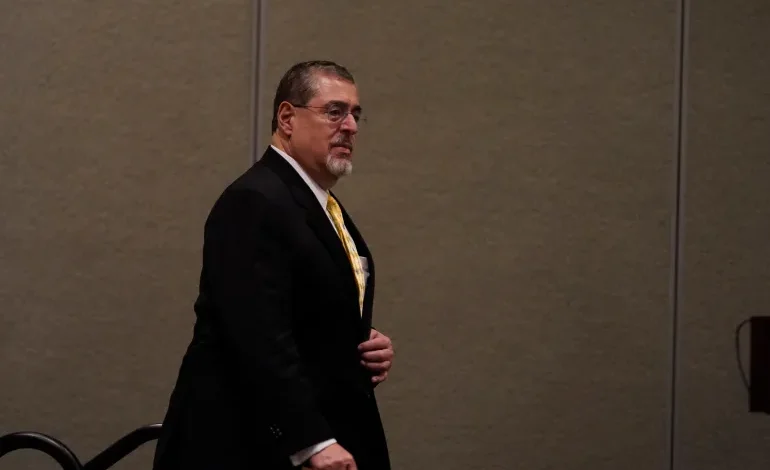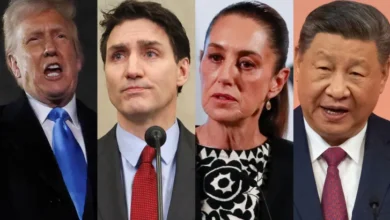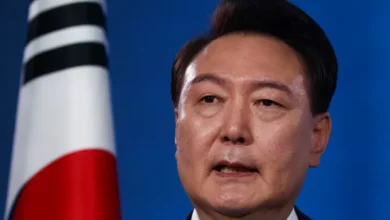‘A new spring’: Guatemala’s Arevalo becomes president after Congress delays

Growing up, Joaquina Perez says her mother always told her that Juan Jose Arevalo was the country’s best president, as he ushered in progressive reforms into the Central American country between 1945 and 1950.
Decades later, the 63-year-old was filled with excitement as she travelled 193km (120 miles) from her home in the city of Retalhuleu in the country’s southwest with others from the local pro-democracy movement to see the former president’s son, Bernardo Arevalo, take office as Guatemala’s new president.
“We are happy because we have high hopes with [Bernardo] Arevalo,” Perez told Al Jazeera in Guatemala City’s Central Plaza.
“We saw an opportunity for [change] with the Seed Movement and with Arevalo,” she said, referring to the president-elect’s popular anticorruption platform that has drawn wide support from across the impoverished Central American nation. “That is why we are here.”
On Sunday, close to midnight, Arevalo was finally sworn in as Guatemala’s president after months of efforts by the country’s long-ruling elite and a conservative-leaning Congress to derail his rise to power, despite his landslide win in an August run-off against businesswoman and former first lady Sandra Torres.
But the inauguration followed hours of delay as Congress negotiated the formation of a new Directive Council, the body that guides the legislature’s sessions and helps shape its agenda. An atmosphere of joy and celebration on the streets of Guatemala City briefly gave way to anger. Earlier in the day, live music played across Guatemala City’s historic centre, as thousands of people like Perez travelled from across the country, with some sleeping in the plaza the night before, to witness the swearing-in.
As the hours ticked by, they gathered outside the congressional building to protest against delays after breaking down police barriers around Congress. The United States, the European Union and the Organization of American States, among others, issued messages reaffirming their belief in Arevalo’s election, and calling for him to be sworn in.
“We need this to happen right now,” Ingrid Arana, a 53-year-old resident of Guatemala City, told Al Jazeera on the peripheries of the protests. “Time has passed and the decision has not been made. Those in Congress have not finished the session.”
“Arevalo represents a new spring for the country,” she said. “A great opportunity for Guatemala, that will improve the conditions that have occurred [we live in] due to so much corruption.”
By late evening, Congress agreed to recognise the Seed Movement party days after temporarily suspending it and insisting that its lawmakers join the legislature as independent members. Arevalo’s party also won the presidency of the Congress, giving it influence in shaping the body’s agenda.










